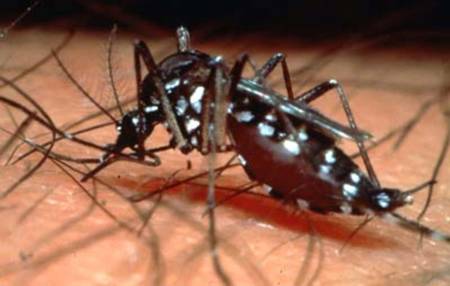Dengue fever is a mosquito-borne viral infection that has become a significant health concern worldwide. Characterized by a sudden onset of fever, severe headache, muscle and joint pain, and a rash, dengue can be a debilitating illness. While most people recover fully, severe cases can be fatal. Understanding dengue, its symptoms, prevention, and treatment is crucial for safeguarding your health and that of your community.

Understanding Dengue Fever
Dengue is transmitted by the Aedes mosquito, which is typically found in urban and suburban areas. The virus has four different types, and infection with one type provides immunity to that specific type but not to the others. This makes it possible for an individual to be infected with dengue multiple times.
Symptoms of Dengue Fever
The symptoms of dengue usually begin to appear about 4 to 7 days after the mosquito bite. They include:
- High fever
- Severe headache
- Pain behind the eyes
- Muscle and joint pain
- Nausea and vomiting
- Skin rash
- Loss of appetite
- Fatigue
In severe cases, dengue can progress to dengue hemorrhagic fever (DHF) or dengue shock syndrome (DSS), which can be fatal. Symptoms of severe dengue include:
- Severe abdominal pain
- Persistent vomiting
- Rapid breathing
- Bleeding gums, nose, or skin
- Blood in vomit or stool
- Fatigue
Prevention of Dengue Fever
The most effective way to prevent dengue is by controlling the mosquito population. Here are some preventive measures:
- Eliminate mosquito breeding sites: Remove stagnant water from containers, flower pots, and old tires.
- Use mosquito repellents: Apply insect repellent containing DEET, picaridin, or IR3535 on exposed skin.
- Wear protective clothing: Cover your arms and legs with long-sleeved shirts and pants, especially during dawn and dusk when mosquitoes are most active.
- Install mosquito nets: Use mosquito nets on windows and doors, and over beds.
Treatment of Dengue Fever
There is no specific antiviral treatment for dengue. Treatment focuses on relieving symptoms and preventing complications. If you suspect you have dengue, it’s essential to seek medical attention promptly.
Important: Do not self-medicate with aspirin or ibuprofen, as these medications may increase the risk of bleeding.
Conclusion
Dengue fever is a serious illness that can have severe consequences. By understanding the disease, taking preventive measures, and seeking medical attention when necessary, you can protect yourself and your loved ones from this threat. Remember, early detection and proper care are key to a successful recovery.
Leave a Reply